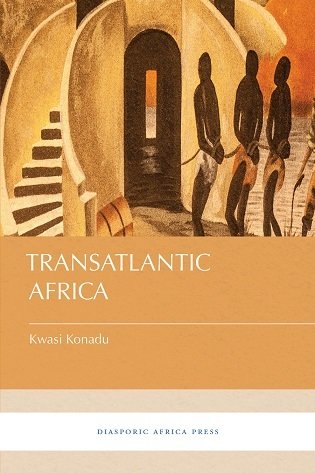
BOOK STORE
Transatlantic Africa
“Transatlantic Africa is a welcome, and in many ways, novel addition to the significant literature on slavery in the Atlantic World…. It deserves a place on both graduate and undergraduate syllabi dealing with African, Atlantic, and World History.”
—Journal of African History
“The numerous sources parsed in Transatlantic Africa cover a wide range of African places and societies and will be a useful guide for any teacher thinking about replacing overfamiliar slave narratives in the classroom.”
—World History Connected
“This is an important work…. [Using] an impressive array of documentary evidence [it] offers a new analytical lens with which to consider the Atlantic slave trade. By examining the perspectives of Africans and their discourse on the transatlantic system, it is an ideal text for courses on world history, the Atlantic World, or slavery in Africa.”
—Hilary Jones, Florida International University
“This book presents new perspectives in the study of [the] complex historical development of the African diaspora…. This volume will be of benefit to scholars as well as students interested in understanding the influence of [the] African diaspora in world history.”
—Ibrahim Hamza, Virginia Commonwealth University
“This is a very innovative and forward-thinking text…. The imperative to uplift African (and diasporic) voices, life-worlds, knowledge systems and cosmologies as part of slavery and slave trade historiography is long overdue.”
—Abena Asare, Stony Brook University
Transatlantic Africa examines the internal workings of African and diasporic slave societies in the transatlantic era. Emphasizing a global context and the multiplicity of African experiences during that period, historian Kwasi Konadu interprets transatlantic slaving and its consequences through African and diasporic primary sources. Based on careful reading of Africans’ oral histories, archival documents, and visual evidence, the book connects those experiences to local and international slaving systems. It also tackles the themes of commodification, capitalism, abolitionism, and reparations. By integrating these views with critical interpretations, Transatlantic Africa balances intellectual rigor with broad accessibility, helping readers to think anew about how transoceanic slaving made the modern world.

